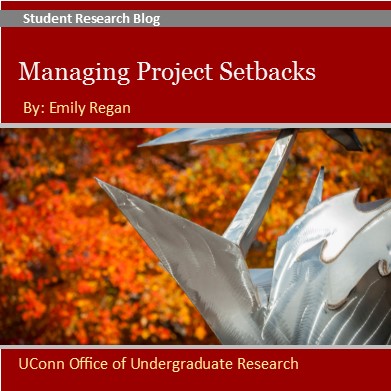Meet Shreya Murthy ’21, an OUR Peer Research Ambassador (PRA) majoring in Criminology, Human Rights, and Finance, and minoring in Political Science.
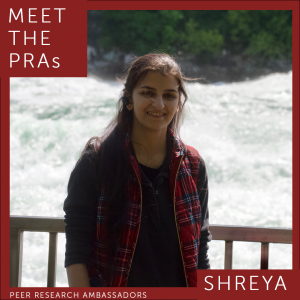 What is the focus of your research?
What is the focus of your research?
My research focus is on the intersection of Criminal Behavior, Law, Human Rights and Business. I am looking at how widespread business failures/mishaps happen and unfold and what can be done to remedy the situation after the fact.
Why did you get involved in research?
I initially came into UConn with the focus of doing Criminology and Human Rights. This interest in criminal behavior and the impact of human rights led to my IDEA Grant Project. However, an internship made me reconsider my projected career path of doing Criminal Law as a Prosecutor and significantly changed my research and career interests. This led to a period of exploration during my sophomore year which introduced me to the field of business and human rights. Throughout my sophomore year, I was attending events, meeting with faculty, and taking up a research assistantship with a professor in the field to help inform my own research interests and project.
What advice would you give to incoming freshmen?
If a professor’s class or research work stands out to you, go to their office hours! This is the best way to not only get research opportunities but to network and potentially gain advisors for your own research in a neutral and low-stress environment. Just make sure to have a 30-sec “about me” introduction ready to go. Never turn away from opportunities to learn about people’s work. This means attending research presentations, symposiums, or going to a lunchtime seminar. Going to these events allows you to meet people in your field and learn research techniques that you have never seen before.
What do you enjoy the most about participating in research?
When you are doing a research project there are so many different things that you have to do depending on the project. This could be the proposal, IRB paperwork, or working on posters. My favorite part is the research itself and finding out new things about my topic. Being able to be that “creator” of knowledge is so much fun because of how you can be so lost in what you find one moment and then the next you find the missing piece that links all of the data together!
What are your plans after graduation? How has involvement in research influenced your plans and/or prepared you for the future?
I am planning on going to graduate school after I finish my undergraduate degrees. However, with my interest in research and participation in research programs at UConn, I have been investigating the possibility of doing a PhD program after college instead of or in conjunction with a JD program. Participating in these research programs has taught me a lot about myself and my interests and has shown me the tools I need for my future outside of simply my research.
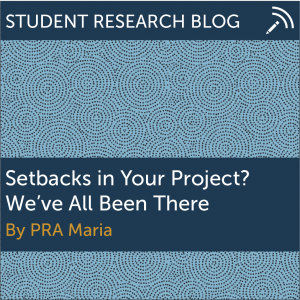 By Maria Latta, OUR Peer Research Ambassador
By Maria Latta, OUR Peer Research Ambassador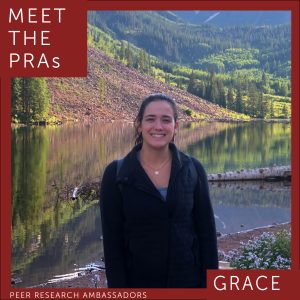
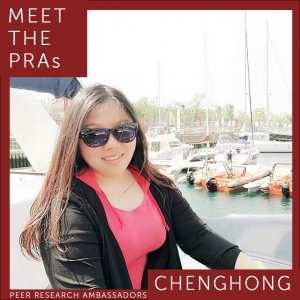

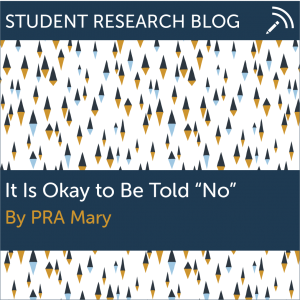
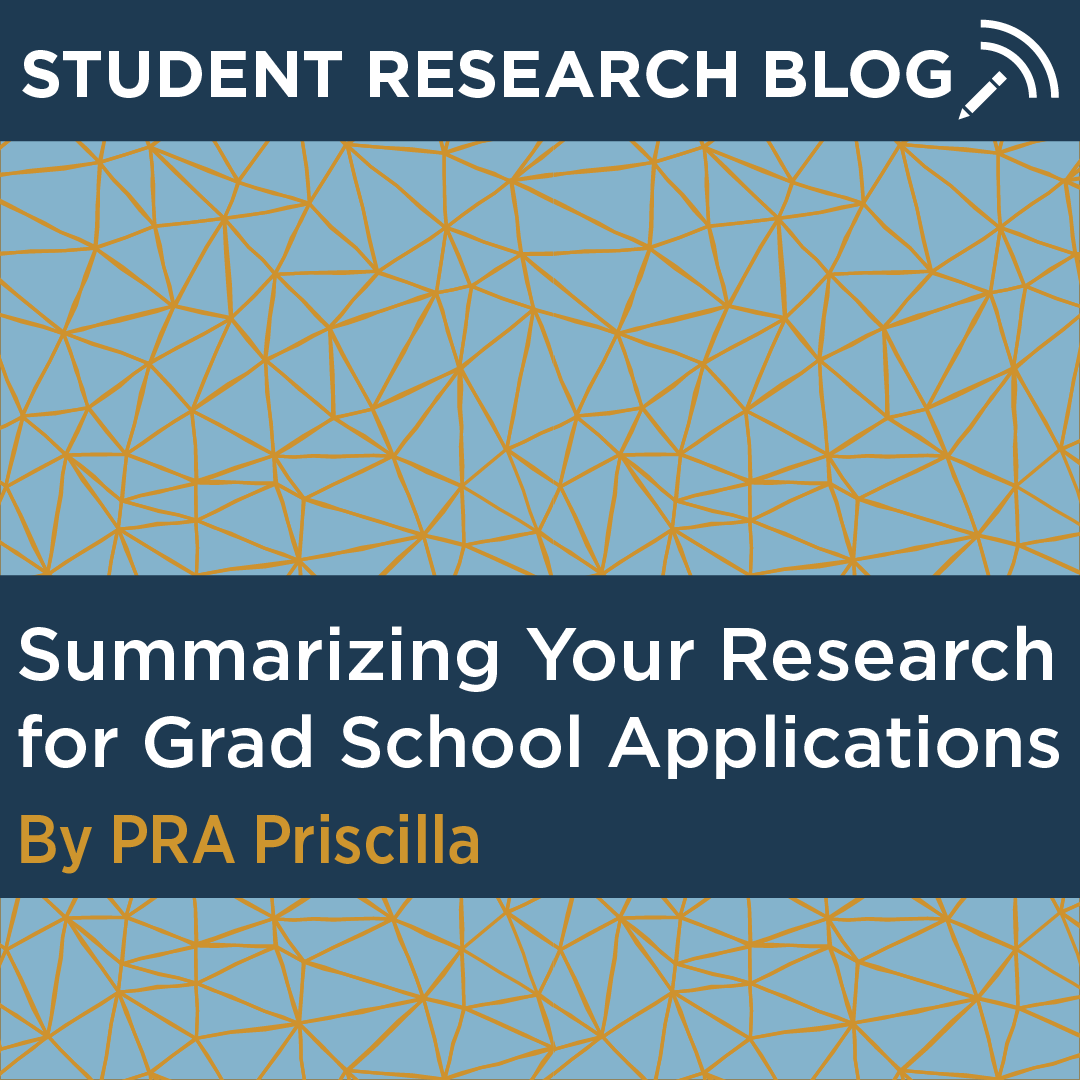
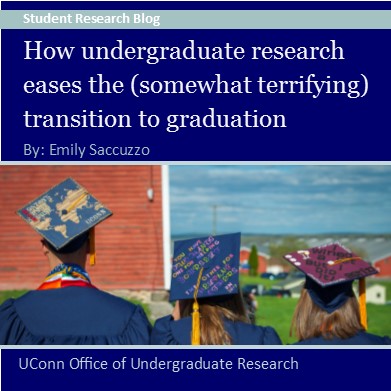 By: Emily Saccuzzo, OUR Peer Research Ambassador
By: Emily Saccuzzo, OUR Peer Research Ambassador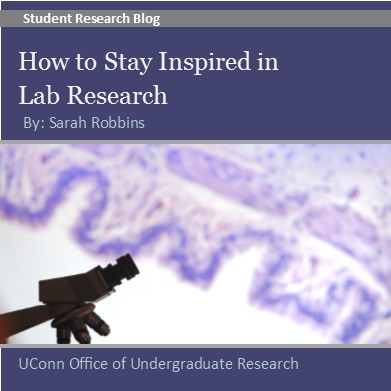 Finding Inspiration – Don’t Get Bogged Down in the Everyday
Finding Inspiration – Don’t Get Bogged Down in the Everyday